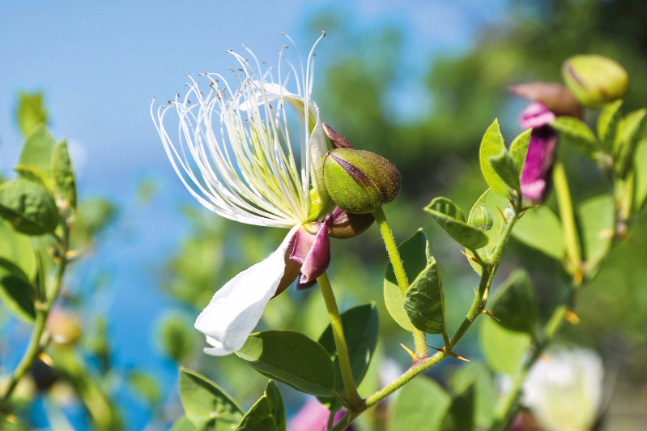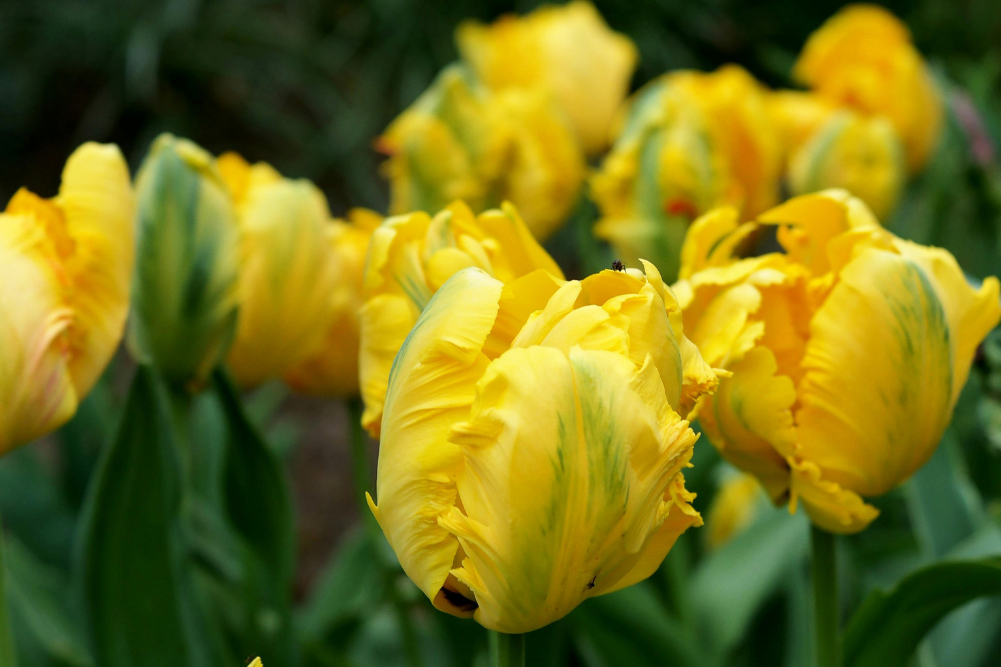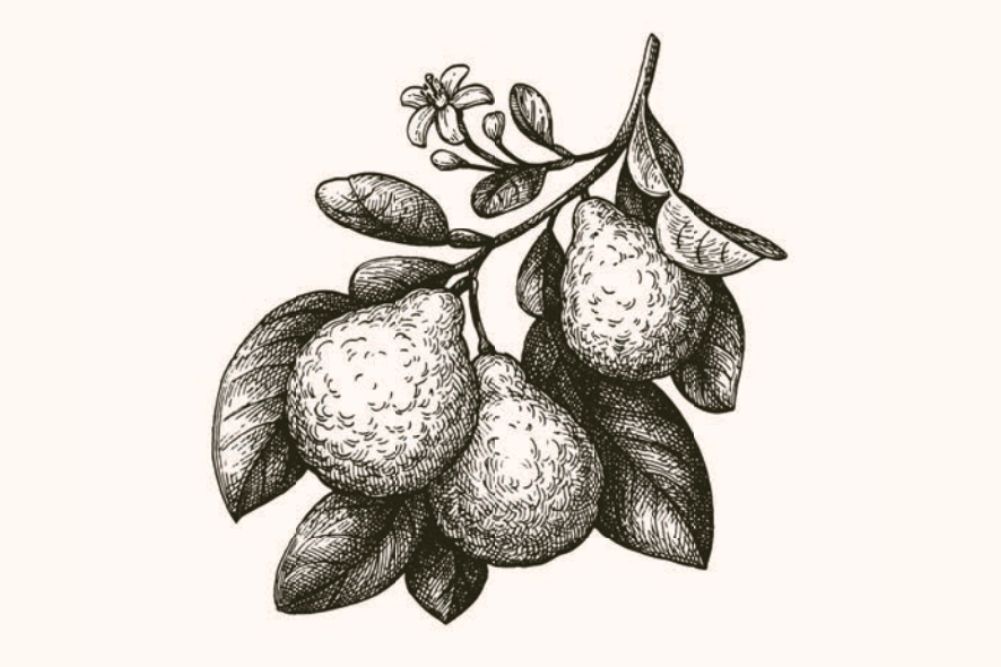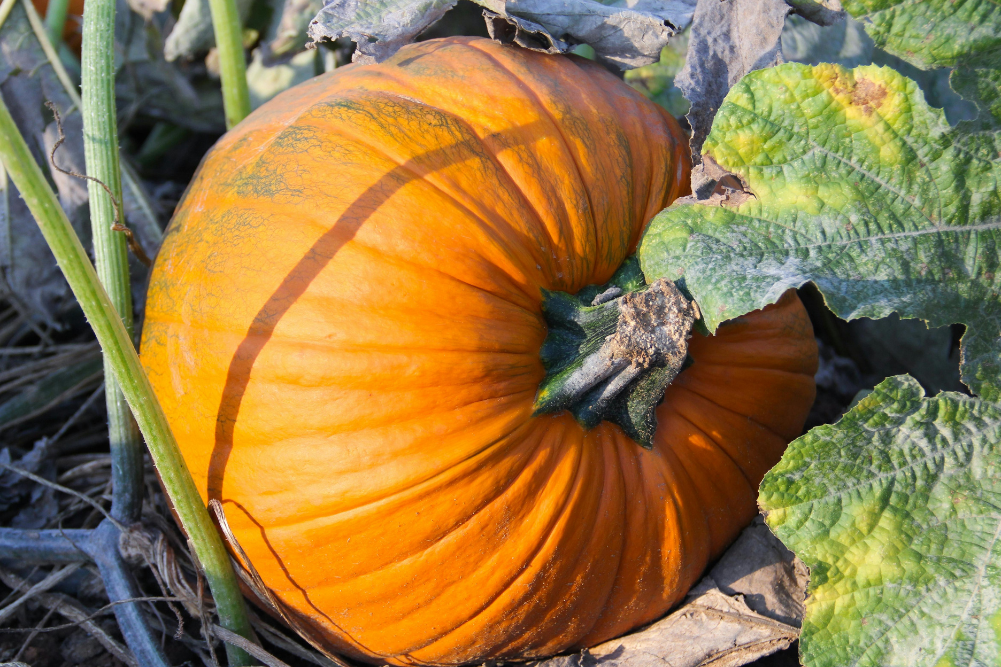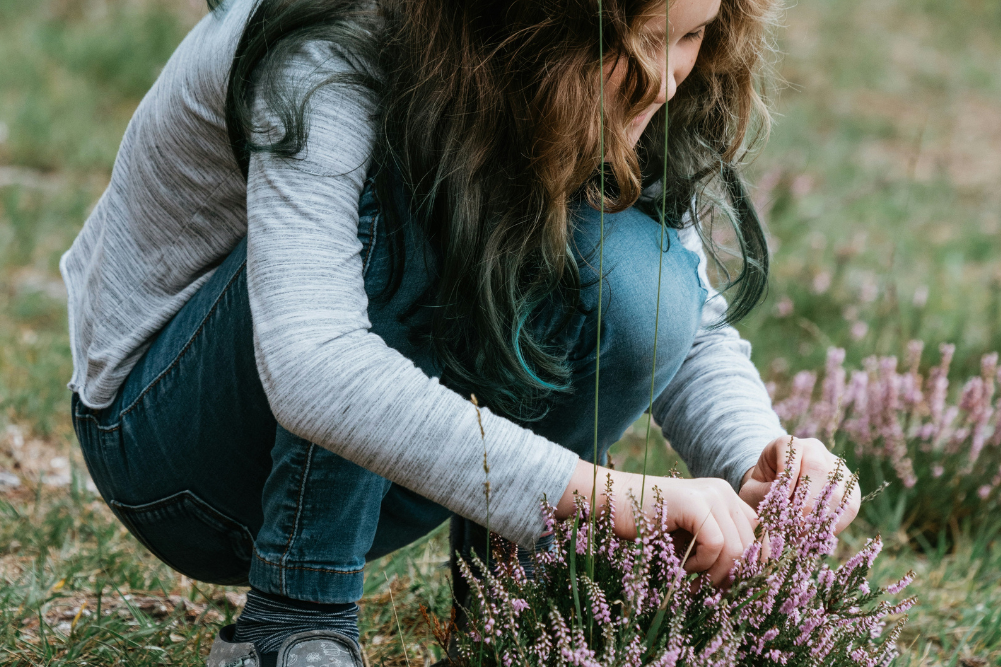Want to create a green window garden?
I have fallen in love with a garden. Again. This time it is with a green window of a cafe that have green curtains.
Genuine green, not fabric — solid rails across the window that support four lines of hanging pots, just enough to let in needed sunlight but block the interior from outsider’s gazed.
And they are beautiful: stunningly wonderfully lovely and, even better, watered with a tiny thin pipe along each rail and a single dripper onto the pot, so they stay moist but never overflow to leave dirty trails down the window.
Window boxes look gorgeous in Europe, where you need to cherish every bit of sunlight that peeps through the clouds, but here we need protection from the sun. Even in mid-winter there’s enough to share with a window full of plants.
The window I saw used low-care succulents but any plant that can be grown in a small pot would work. I began dreaming of tiny pots of many kinds of thyme. Orange thyme, which is small-leafed and slightly tough but stunningly fragrant; soft-leafed lemon thyme; pungent Westmoreland thyme; pizza thyme …
And winter savory, because I can’t make my lime and vegetable soup without it. Winter savory looks much like thyme but isn’t; try it and you’ll love it. And oregano, too. Oregano can be a bit tasteless if grown without enough sun. I reckon it would be stunningly flavour-rich grown in a window.
And all the basils as well, because even in winter the top row of basil plants should be frost free. Purple-leafed basil and sacred basil and giant ruffle-leaved basil. And parsley, of course, because it’s impossible for a kitchen to have too much parsley. And lemon grass, for herbal tea, and to use the tender stems for cooking. And definitely mint: mint-sauce mint and eau-de-cologne mint or orange mint for fruit cups and fruit salads, and giant-leafed Egyptian mint to add to tabouli or to chop into a cucumber salad dressed with yoghurt and a little red onion.
Have you ever hankered for a caper bush? Caper bushes like growing on dry hillsides — and an indoor window pot seems like a pretty good approximation of a rocky hillside.
I forgot about spring onions! They’d do wonderfully in window pots; just cut the tops as you need them and let the bases regrow. And chives — every cook needs at least 10 chive plants and a couple of garlic chives for when the other chives die down. Although, if they’re grown indoors in that sunny window, you may have ordinary ones all year long.
Maybe watercress, too, if you like watercress sandwiches or a little snipped into a salad or onto your soup to add colour and a hint of pungency.
You might even have one whole window devoted to baby lettuce plants, several baby plants to a pot and the leaves snipped when they’re big enough for miniature greens. Red frilly lettuce and red mignonette, which are really brown, and a coarse-leafed cos lettuce for crunch. If you feed them well, more leaves will grow, to be plucked in their turn.
Have you ever hankered for a caper bush? Caper bushes like growing on dry hillsides — and an indoor window pot seems like a pretty good approximation of a rocky hillside. Perhaps you might grow some peas, too, not for the pods but for the young tendrils to add to a salad or to serve with poached eggs.
Though, come to think of it, I’d rather have sweet peas. The old-fashioned fragrant ones, with smaller flowers and smaller leaves but a scent that can fill a room. Imagine a whole window curtained in sweet peas. Or baby nasturtiums, deep red or yellow or orange, or vivid flowers of zygocactus for winter.
As the pots hook on the rail, you could take one lot off when they look dull and replace them with flowering ones, rotating them so your window is always gloriously leafy or flowering or delicious.
Anyone who has a window can have a garden. Not a horizontal one, maybe, but horizontal gardens tend to need mowing or weeding or raking. A window garden, especially with a dripper system, just needs trimming now and then, a bit of rotation and feeding every month or so with something organic but not stinky. If a plant is actively growing then it’s time to feed it and little and often is better than bunging on a great feast, for humans as well as plants.
The only problem, of course, is beginning. If I’m to realise my dream, I need to start with new window frames, strong ones that will support the rails. And then the rails, good tough ones that won’t rot if damp or sag when the pots are full or even heavier with moisture. And then at least a dozen pots, with good thick wire around them bent to make sturdy hooks. And then the plants to fill them, and the drippers …
It’s a few weekends’ work. But in exchange you’ll have a garden. Or six gardens, if you have six windows. Nor will you need curtains, as your windows will grow their own, not to mention the herbs and greens and flowers. You will see the world though a haze of flowers and greenery and gently dapped sunlight and, while you’re warm all winter, your plants will be warm, too — and growing in a way they never would in the cold outdoors.
In summer they will shade you and grow even more luxuriantly, just when you need the protection of their leaves.
So now to find the sunniest of our north-facing windows, and begin.
